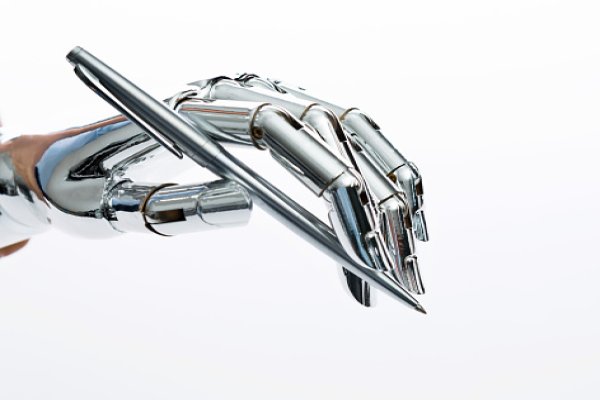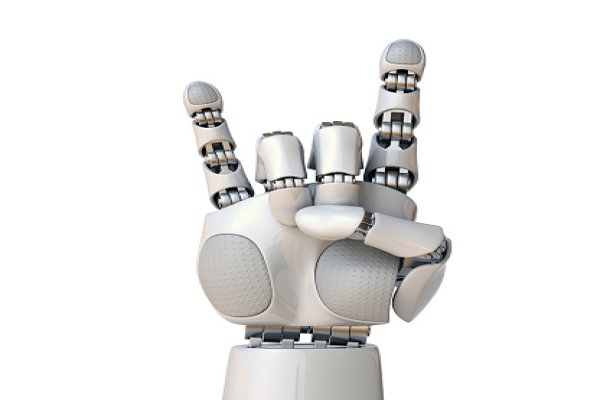Artificial intelligence (AI) is a rapidly growing field that has the potential to revolutionize the way we live and work.
AI is already significantly impacting various industries, from virtual assistants like Siri and Alexa to self-driving cars and medical diagnosis systems. As technology advances, it is essential to understand how to think about AI to grasp its implications and opportunities fully.
As a futurist, author, and entrepreneur, Peter Diamandis is accustomed to looking forward in anticipation – however, he is also immensely captivated by all the great developments of the present.
Peter Diamandis says:
“We are living in the most extraordinary time in human history.”
During his keynote at the CUNA Governmental Affairs Conference (GAC), sponsored by Open Lending, Peter Diamandis—the founder and executive chairman of the XPRIZE Foundation—highlighted the importance of innovation for tackling current and future challenges.
Today is remarkable because of the immense progress achieved in technology and how people have been adapting to these developments.
Diamandis continues to say:
“Technology is a force that makes whatever was scarce in the past more abundant.”
Technology positively influences the availability of energy, food, and even labor through artificial intelligence (AI). As advancements are made in AI, it can lead to greater access to these resources.
AI, sensors, robotics, blockchain, and other technologies are advancing rapidly in the age of unlimited computational power. As these new technologies converge one after the other, they are generating a chain reaction that is reshaping and revolutionizing existing business models for the future.
Diamandis adds to say:
“It’s hard to keep up.”
“There will be two kinds of companies at the end of this decade. Those who are fully utilizing AI, and those who are out of business.”
“Scanned everything on the internet and built a statistical model of what’s likely to come next.”
OpenAI has become noticeable with the success of ChatGPT. This AI can complete assignments quickly—it needs several key elements. For instance, if a student requests to ‘write a paper on X topic,’ ChatGPT only needs a few details to complete this task.
Diamandis suggests that credit unions should contemplate four primary capabilities concerning generative AI:
- Ideate. Using AI to support brainstorming.
- Create. AI can create written content, videos, audio, images, graphics, and codes.
- Customize. Customize available material for specific audiences or uses.
- Extract. Extract specific insights from large bodies of data.
Diamandis suggests credit unions consider being part of the “AI arms race,” provided they can answer the query: “What business are we really in?”. Amidst such functionalities entering the market, he motivates credit union leaders to talk about and efficiently utilize AI.
Having a clear understanding of the desired outcomes of the movement, for instance, monetary stability for everyone, contributes to leaders’ abilities to conform accordingly as new technology becomes available, ultimately helping them stay dedicated to accomplishing their participants’ objectives.
Diamandis asks:
“How do you use the changing technology to serve your members better?”
“AI is probably the most important tool we have for helping us solve humanity’s grandest challenges.”
Artificial intelligence (AI) is a transformative technology that has the potential to change the world in many ways. While it can bring enormous benefits, it also raises important ethical and societal considerations that must be carefully considered. As we think about AI, we must recognize its capabilities, limitations, and potential risks.
Source: news.cuna.org



